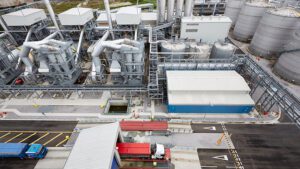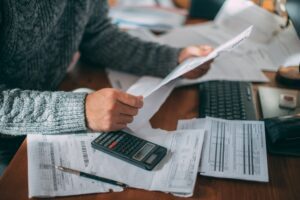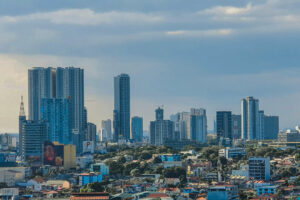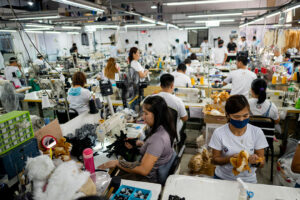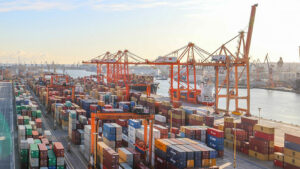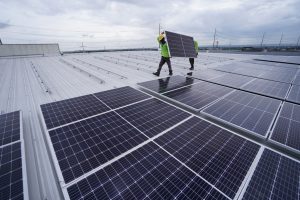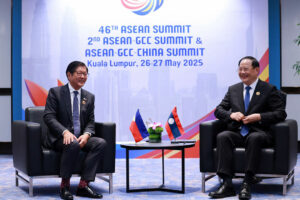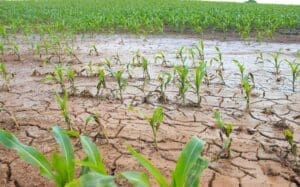THE PHILIPPINES’ private investments in green projects declined in 2024 as higher investments in solar and wind energy projects were offset by the drop in waste management and green cement projects.
Private green investments in the Philippines went down by 12% to $1.28 billion in 2024 from $1.46 billion in the previous year, according to the 2025 Southeast Asia’s Green Economy report by Bain & Company, GenZero, Standard Chartered and Temasek.
Investments in solar and wind energy projects surged 1.5 times and six times, respectively, the report showed.
However, these were offset by the reductions in investments in the waste management and green cement sectors.
The Philippines accounted for 16% of the total investments in SEA-6 (Southeast Asia-6), which is composed of Thailand, Malaysia, Singapore, Indonesia, the Philippines, and Vietnam.
Green investments in SEA-6 surged by 43% year on year to $8 billion in 2024, with Malaysia and Singapore contributing over 60% of deals, according to the report.
Power accounted for two-thirds of green investments in the region as the size of deals increased.
Investments in solar surged by 100% while waste management deals jumped by 60% year on year.
According to the report, a systems-based approach and wider collaboration in the region could drive growth in Southeast Asia’s green economy.
“(This) could drive significant regional economic impact – with SEA-6 economies potentially reaping up to $120 billion in GDP (gross domestic product) growth, 900,000 new jobs, and closing up to 50% of the emissions gap by 2030,” it said.
The report defined system-level solutions as “high-impact interventions that address systemic barriers across multiple systems to deliver transformative and amplified impact.”
It said that this approach could address cross-cutting barriers; maximize return on investment, and co-benefits; and prevent “negative, unintended spillovers” across systems.
Dale Hardcastle, co-director of Bain & Company’s Global Sustainability Innovation Center, said Southeast Asia may see an acceleration in the development of the green economy as governments and companies pivot priorities.
“By focusing on scalable, high impact systems-level solutions, Southeast Asia can rewrite the green economy playbook and turn current challenges into opportunities. The need now is to drive two key outcomes in parallel — significant emissions reduction and sustained economic growth — ensuring that the region not only meets its climate goals but also builds long-term resilience and prosperity,” he said.
While corporations in most of the six Southeast Asian countries show progress in setting targets and establishing roadmaps, there is a significant gap in green investments.
“With just five years to 2030, our window for action to avoid the worst effects of climate change is rapidly closing. We need to increase the momentum and focus on pragmatic solutions with near-term impact,” said Franziska Zimmermann, managing director for sustainability at Temasek.
“Stakeholders in this region have an opportunity to drive transformative, systems-level change that can balance energy security, sustainability, and economic growth,” she added.
The report noted the progress made in the Philippines in terms of infrastructure and technology brought by improved grid interconnectedness and electric vehicle (EV) charging stations.
There are 912 publicly accessible charging stations operational as of March 31, according to the Department of Energy.
Under the Comprehensive Roadmap for the Electric Vehicle Industry, the Philippines targets to deploy 7,300 EV charging stations by 2028.
The report said national energy plans such as the National Renewable Energy Program (NREP) and Clean Energy Finance and Investment Roadmap offer clearer direction for renewables and financing.
Under the NREP, the Philippines seeks to significantly increase the share of renewable energy in the country’s power generation mix to 35% by 2030 and 50% by 2040. — S.J.Talavera


